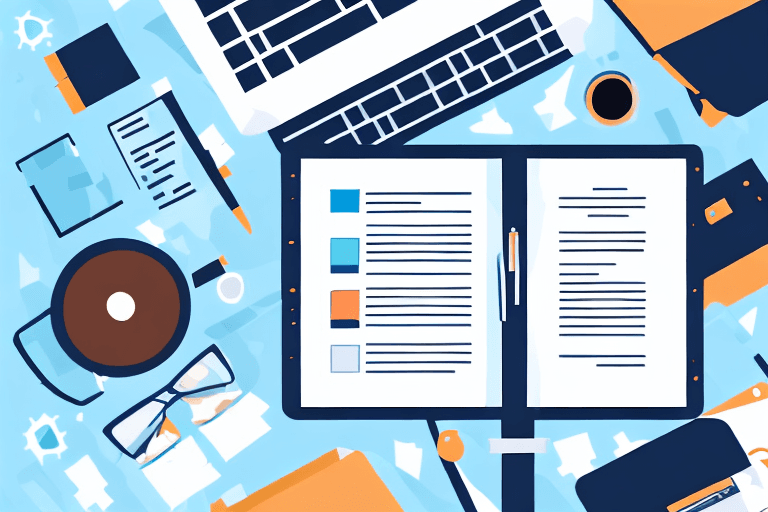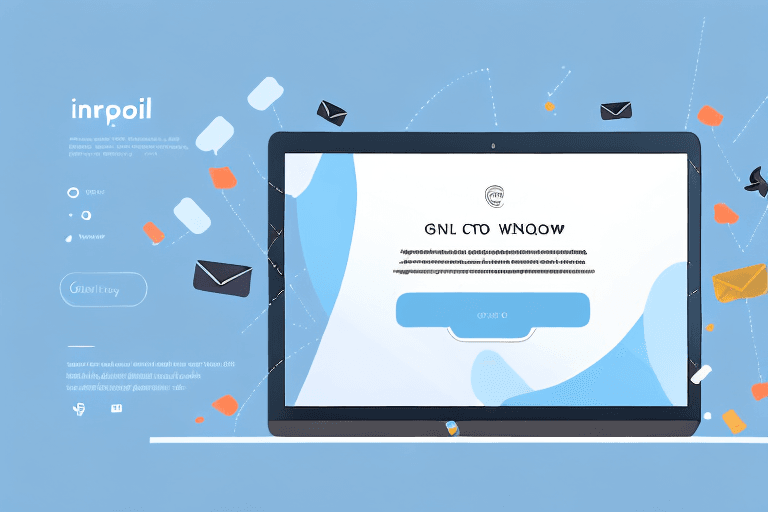Meetings are a vital component of any business. They provide a platform for collaboration and problem-solving by bringing people together to discuss important matters. However, the value of a meeting is often lost if its outcomes are not well-communicated to the relevant stakeholders. An excellent way to ease this is by sending a meeting recap email. Sending a meeting recap email is especially crucial when stakeholders are not physically present at the meeting. This article highlights the key components and tips for creating an effective meeting recap email template.
The Importance of Meeting Recap Emails
Ensuring Clear Communication
One of the essential purposes of sending a meeting recap email is to ensure clear communication. Not all attendees may have the same level of understanding of the topics discussed, and some may have not attended. An effective meeting recap email should consolidate all relevant information from the meeting, broken down in an easy-to-read format. This ensures that all stakeholders are on the same page.
For instance, if the meeting discussed a new project, the meeting recap email should include a brief overview of the project, the goals, and the expected outcomes. It should also include any relevant details, such as the project timeline, budget, and resources required. This level of detail ensures that all stakeholders have a clear understanding of the project's scope and can contribute effectively.
Moreover, the meeting recap email should include any decisions made during the meeting, including the rationale behind those decisions. This ensures that all stakeholders understand the reasoning behind the decisions and can provide feedback if necessary.
Keeping Stakeholders Informed
It's crucial to keep stakeholders informed of the proceedings of a meeting. This includes both attendees and absentees. In addition, keeping stakeholders informed is critical in situations where decisions are made, and implementation may require changes in existing processes.
For example, if the meeting discussed changes to the company's marketing strategy, the meeting recap email should include a summary of the changes and the reasons behind them. This ensures that all stakeholders are aware of the changes and can adjust their work accordingly. It also ensures that absentees are aware of any changes and can provide feedback if necessary.
Furthermore, the meeting recap email should include any relevant updates or news that were discussed during the meeting. This keeps stakeholders informed about any developments that may impact their work or the company as a whole.
Tracking Progress and Accountability
Meeting recap emails serve as a record for tracking progress and accountability. The email should include a section that highlights the action items, owners, and deadlines, which helps to ensure accountability. Using a meeting recap email ensures that all participants are up-to-date on the progress of the action items and can make changes if necessary.
For instance, if the meeting discussed a new product launch, the meeting recap email should include a list of action items required for the launch, such as product design, marketing, and sales. It should also include the owners of each action item and the deadlines for completion. This ensures that all stakeholders are aware of their responsibilities and can track the progress of the launch.
In conclusion, meeting recap emails are an essential tool for ensuring clear communication, keeping stakeholders informed, and tracking progress and accountability. By including relevant and detailed information, meeting recap emails can help to ensure that all stakeholders are on the same page and can contribute effectively to the company's goals.
Key Components of a Meeting Recap Email
Meetings are an essential part of any organization as they facilitate communication, collaboration, and decision-making. After a meeting, it's crucial to send out a meeting recap email to ensure that everyone is on the same page and has a clear understanding of what was discussed and decided. A meeting recap email should be concise, informative, and easy to understand. Here are the key components of a meeting recap email:
Subject Line
The subject line is the first thing that the recipients will see, and it sets the tone for the email. A clear and concise subject line helps the recipients understand the email's purpose and what to expect from it. The subject line should include the date of the meeting, the general topic, and the fact that it's a meeting recap email. For example, "Meeting Recap - Sales Strategy Meeting - 05/15/2021."
Attendees and Absentees
It's essential to identify all attendees and absentees in the meeting recap email. This helps the recipients understand who was present and who was not, and can avoid miscommunication and confusion. Additionally, it helps to ensure that everyone who needs to be informed is included in the email. If someone was absent, it's a good practice to follow up with them separately to ensure that they are aware of the meeting's outcomes.
Meeting Objectives
Every meeting has its purpose, and it's crucial to highlight the meeting's objectives in the recap email. This helps the recipients understand the context of the meeting and why it was held in the first place. Additionally, it helps to ensure that everyone is aware of the meeting's goals and can refer back to them if needed.
Key Discussion Points
The body of the meeting recap email should include a summary of the meeting's key discussion points or topics. It should emphasize any decisions made or specific concerns that were raised. This helps the recipients understand the meeting's outcomes and what was discussed. It's essential to keep this section concise and to the point, as the recipients may not have the time to read a lengthy email.
Action Items and Deadlines
Any action items that were discussed in the meeting should be clearly outlined in the email. It's essential to assign action items to specific individuals and include deadlines to ensure accountability. Additionally, the email should include a section that outlines the consequences of not meeting the deadlines. This helps to ensure that everyone is aware of their responsibilities and can refer back to the email if deadlines have not been met.
Next Steps and Follow-Up
The meeting may have prompted further action items and next steps that may not have been resolved in the meeting. In such cases, the email should include a section that summarizes the necessary next steps and follow-up actions. This helps to ensure that everyone is aware of the next course of action and is fully prepared. It's essential to assign responsibilities and deadlines for these follow-up actions to ensure that they are completed on time.
Overall, a meeting recap email is a crucial tool for ensuring that everyone is on the same page and has a clear understanding of what was discussed and decided in the meeting. By including the key components mentioned above, you can create an effective and informative meeting recap email that helps to ensure that everyone is aware of their responsibilities and can refer back to the email if needed.
Tips for Writing an Effective Meeting Recap Email
Meetings are an essential aspect of any organization, and it is crucial to ensure that all stakeholders are aware of the decisions made and the topics discussed. A meeting recap email is an effective way to communicate the key points and decisions made in the meeting to all stakeholders. Here are some tips for writing an effective meeting recap email:
Be Concise and Clear
It is essential to keep the meeting recap email clear, concise, and easy to read. Avoid lengthy paragraphs or complicated terms, and strictly outline the necessary details only. This will ensure that the stakeholders can quickly understand the key points and decisions made in the meeting without getting lost in unnecessary details.
Use Bullet Points and Formatting
Using bullet points and formatting can help to break down different sections of the email, making it easier to read and process. It also helps to highlight the critical points and decisions made in the meeting, making it easier for the stakeholders to understand the significance of the meeting.
Highlight Important Information
The meeting recap email should highlight any critical points or decisions made in the meeting. This ensures that all stakeholders are aware of the significance of the meeting and any decisions that were made. It also helps to ensure that all stakeholders are on the same page and that there is no confusion regarding the decisions made in the meeting.
Include Relevant Attachments
If the meeting included a presentation, agenda, or other supporting material, ensure that they are included as attachments or links. This helps the stakeholders to have complete information on the topics discussed in the meeting. It also ensures that all stakeholders have access to the same information and can make informed decisions based on the same information.
Proofread and Edit
Ensure that the meeting recap email is proofread to avoid any grammatical errors and ensure that the information is accurate. Additionally, ensure that any required action items or deadlines are included correctly. This will help to ensure that all stakeholders have the correct information and can take the necessary action based on the information provided.
By following these tips, you can ensure that your meeting recap email is effective and helps all stakeholders to stay informed and make informed decisions.
Conclusion
Meetings are critical in business, but not everyone has the luxury of attending all meetings. A meeting recap email helps to ensure that stakeholders are informed, accountable, and aware of the progress made regarding all previous meetings. An effective meeting recap email should include key components and be written using clear, concise language, with appropriately highlighted information. Following these guidelines ensures that the email stands out as a valuable communication tool.




